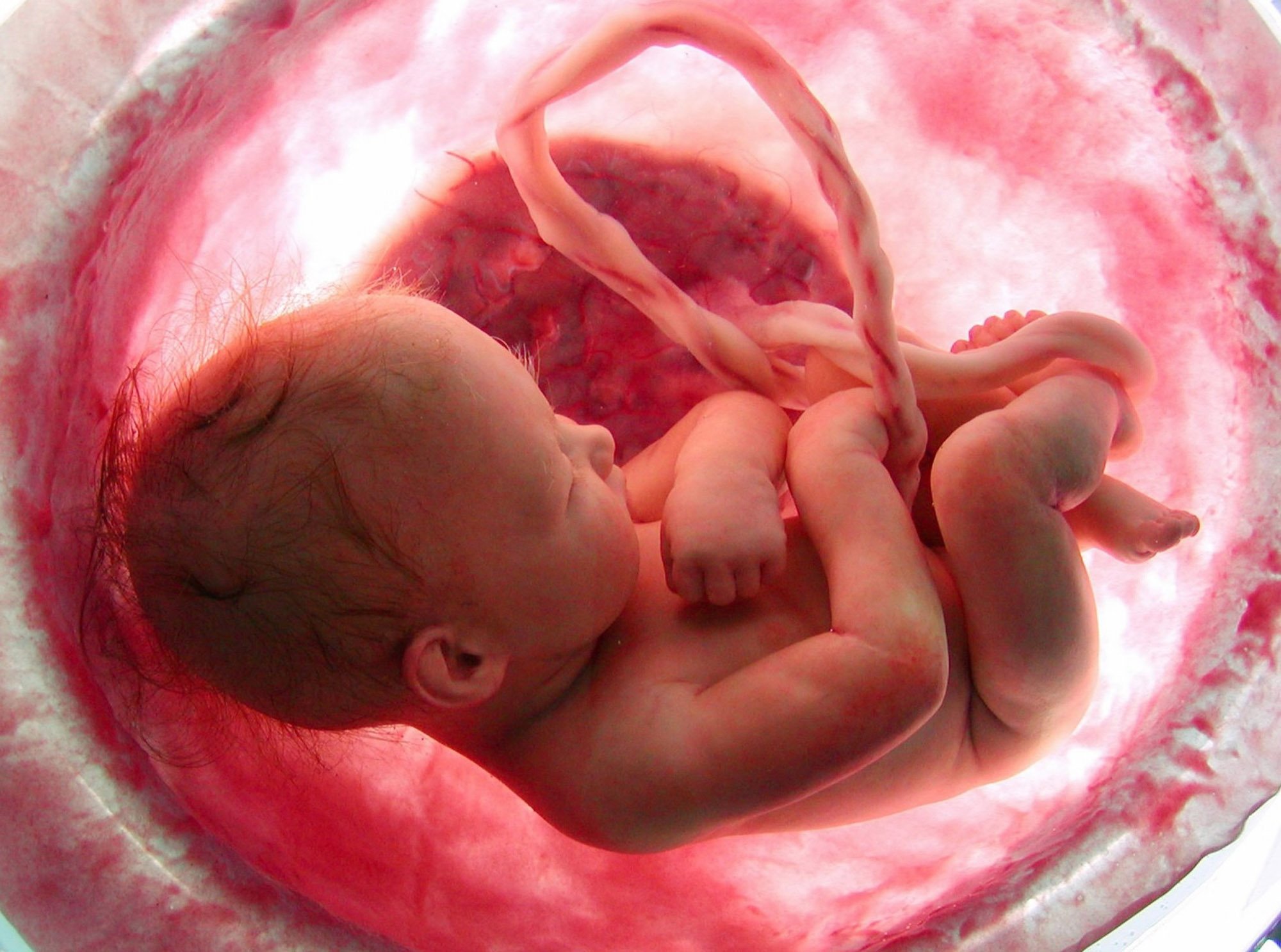
Our changing world
Food
Over the last 50 years, the quality of our food has plummeted. The sad reality is that even if you think you are consuming a healthy diet, it is likely that you are still lacking in nutrients. Today's food is largely deficient in nutrients and contains contaminants due to modern intensive farming methods, global food markets, and shopping, cooking, and eating habits. We must largely blame ourselves for this situation: a supermarket-dominated consumer culture that demands a vast array of sorted, processed, and packaged foods that have been shipped or flown in from all corners of the globe, available year-round, consistent in color, taste, and texture, and designed to last for weeks.

Consequently, our food may contain:
Pesticides such as glyphosate, herbicides, insecticides, and other agents.
Parasites, pathogenic bacteria, and mold.
Additives, artificial colorings, flavorings, preservatives.
Components that feed unhealthy gut bugs such as certain sugars (granulated and refined sugars), and phenols (compounds derived from certain foods and chemicals).
Growth hormones and antibiotics, as found in non-organic meat and fish.
Fluoride, chlorine, and heavy metals such as mercury, lead, and aluminum.
In addition to our food being lower in nutrients, we understand that our bodies require more nutrients today than ever before.

Toxins
Over the last 70 years, the use of toxic chemicals have become more pervasive in daily life. The US currently has more than 85,000 chemicals in use, with an additional 2,000 chemicals introduced each year. We absorb significant amounts of them annually through the consumption of food and drinks, the use of products on our skin and in our homes, and the medications we take. Our medical system has failed to adequately warn individuals of the assault these toxins impose on their bodies, jeopardizing both their health and well-being, as well as that of their future child.
The umbilical cord blood serves as a baby’s lifeline, delivering nourishment and oxygen from the mother while removing waste and toxins from the developing body. Studies conducted on umbilical cord blood have identified 287 chemicals, among which 180 are known to cause cancers in humans or animals, 217 are toxic to the brain or nervous system, and 208 cause birth defects or abnormal development in animals.
Chemical toxins are linked to a growing list of chronic health conditions and diseases, including:
- Damage to genetic material in the nucleus of each cell, including DNA, which may cause long-term epigenetic changes resulting in inheritable defects passed on to the next generation.
- Birth defects and developmental disorders, including autism, ADD, and ADHD, impaired mental development, poor memory, lower IQ, and associated learning disabilities.
- Central and peripheral nerve damage.
- Disrupted and dysfunctional immune system.
- Cancer.
- Impaired fertility.

“We know the developing fetus is one of the most vulnerable populations, if not the most vulnerable, to environmental exposure. Their organ systems aren’t mature and their detox methods are not in place, so cord blood gives us a good picture of exposure during this most vulnerable time of life.”
Anila Jacobs, EWG senior scientist.
Stress
We live in an exceedingly fast-paced world, where our modern lifestyle offers numerous benefits including enhanced efficiency in various aspects of life. However, alongside these advancements comes exposure to new contaminants and environmental pollutants, frequent encounters with electromagnetic fields (EMFs), reduced time spent outdoors, and increased screen time on our phones and laptops. We are swiftly evolving into a society of sedentary, overfed, undernourished, and hyperconnected individuals, experiencing excessive stress and a deficiency of time to unwind. This trend is reflected in the declining health of both ourselves and our children, highlighting a world in crisis according to statistics.
Furthermore, social stress has surged with the prevalence of social media. The constant comparison, pressure for success, and fear of failure contribute to additional strain. It is imperative that we find a better balance between embracing the wonder of technology and acknowledging its adverse effects on our health. Each of us possesses the capacity to regulate our reliance on technology; ultimately, it is our lifestyle choices that dictate its impact on our lives.

The Good News
It’s not too late to start making better habits! Good health for you, your future children, and your family is possible.






